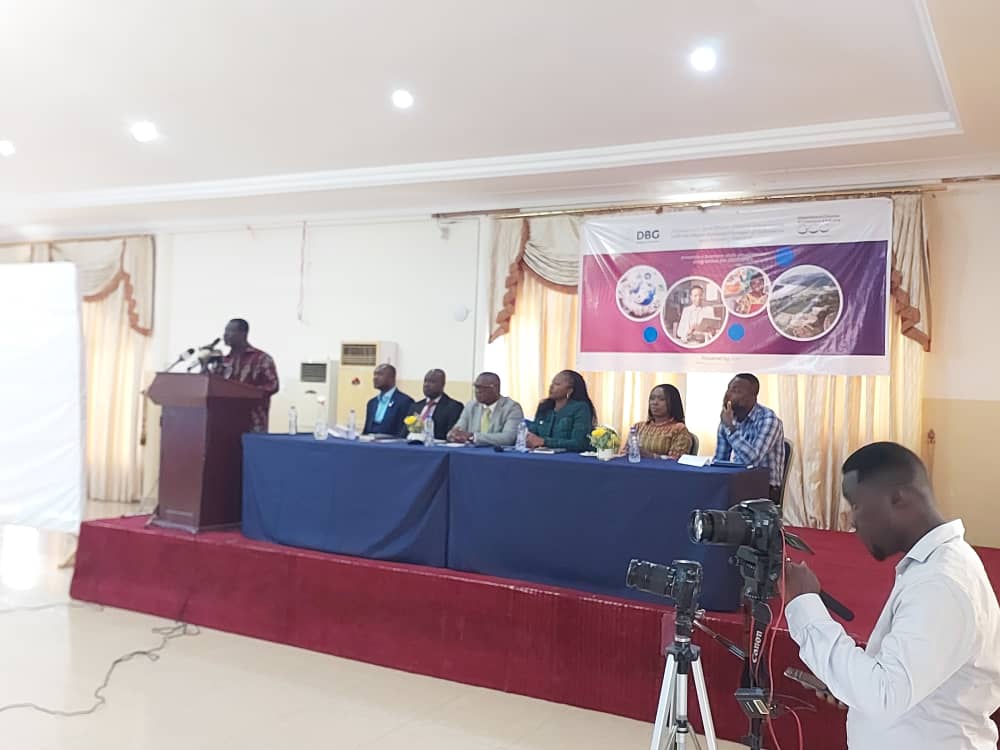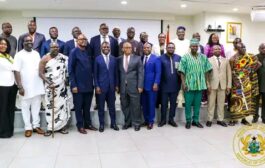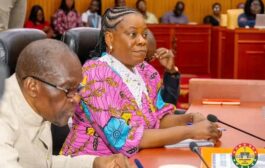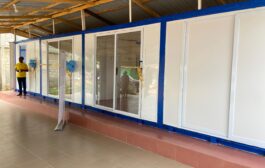The Ghana National Chamber of Commerce (GNCCI), in collaboration with Development Bank Ghana (DBG), has formally launched the first phase of a flagship capacity-building initiative in the Eastern Region.
The program aims to develop and reinforce the business skills of Ghana’s private sector to improve their commercial operations and enable them to remain competitive.
The program adopts a proactive approach that considers the unique needs of small and medium-sized enterprises (SMEs) in Ghana, and draws on GNCCI’s engagement with the local and international business community.
The cooperation between GNCCI and DBG will additionally promote the achievement and optimization of their respective mandates in capacity building and research/data diagnostics.
The program focuses on three main aspects, preparation, event day, and follow-ups. Overall, these workshops are aimed at training businesses to scale up their operations as well as adopt operating models that better position them to access loans from DBG’s participating financial institutions.
To achieve this goal, the program shall focus on improving access to finance and providing technical support for SMEs. The program will roll out the five pillars of the Ghana Integrated Financial Ecosystem (GIFE) digital platform: SME Financial Empowerment Platform; Market Place and Financial Trade Corridor; Connected Digital Financing; Reputational Building Equity Growth.
The workshop will identify 500 SMEs (100 per location), derived from baseline data that covers businesses by sector, region, and ownership (women-led/ youth), to be trained on the use of the Ghana Integrated Financial Ecosystem (GIFE) digital platform.
500 SMEs are trained on the GIFE digital platform with a good representation of women-led and youth-led businesses.
Over half of the SMEs are supported to apply for DBG funding through the participating financial institutions.
Baseline data of 500 SMEs are gathered for monitoring and evaluation as well as for impact assessment
Madam Asabea, a representative from DBG, indicated that the Bank has been designed to help relieve the bottlenecks that have hindered the availability of long-term, competitively priced loans, to small and medium-sized enterprises in Ghana.
According to her, small business owners often do not have access to the long-term capital they need to grow and are often seen as too risky by banks. “Addressing the lack of long-term financing that drives the kinds of investment that will lead to sustainable growth, is a gap that must be addressed,” the Deputy CEO said.
DBG views partnerships as critical to the way it executes its work. “We are very grateful to GNCCI for organizing this capacity-building program to develop and strengthen the soft and hard skills of its SME members to stay competitive, build resilience and grow their businesses sustainably,” she added.
In his remarks, the President of the Chamber Mr. Clement Osei-Amoako said the skills development program is to provide 1000 MSMEs with the requisite skills to scale up their business operations and de-risk them towards accessing long-term capital.
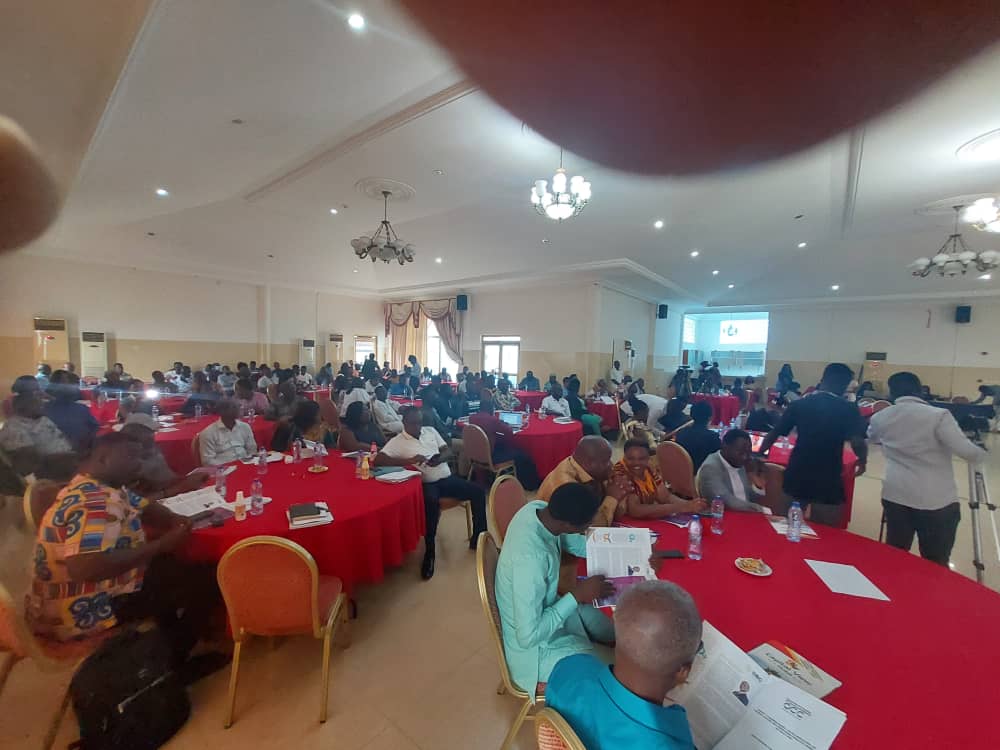
“Specifically, we are targeting MSMEs in the following sectors with consideration for women-led businesses, youth-led businesses, and environmental and social management system:
He stated that to qualify and participate in the program, interested businesses should register with the Chamber’s respective branch chamber.
Further, they are “on boarded” the digital platform as part of the Ghana Integrated Financial Ecosystem (GIFE) led by the Monetary Authority of Singapore and DBG and structured along five pillars: SME Financial Empowerment Platform; Market Place and Financial Trade Corridor; Connected
Accordingly, the GNCCI commends the government for the establishment of DBG as an enabler for businesses in Ghana and as a long-term capital provider in the market.
“We believe this has come at a crucial moment to address the difficulty in accessing long-term capital amidst the rising cost of doing business owing to both local and global shocks” he added.
More importantly, the GNCCI calls for a smart, innovative, and indigenous way of addressing the collateral issue in order not to impede business access to capital. Also, DBG’s Participating Financial Institutions must ensure that bankable projects are given the nod to boost the confidence of our businesses as well as entrepreneurs.
Mr. Amoako expressed gratitude for the unique collaboration with DBG to empower MSMEs in Ghana. “Let me assure you that the GNCCI remains dedicated to promoting and protecting commercial and industrial interests via its cutting-edge business support services. Now is a better time to join and partner with the GNCCI to build a resilient and competitive private sector” he added.
Source: Mybrytfmonline/Evans Boateng



